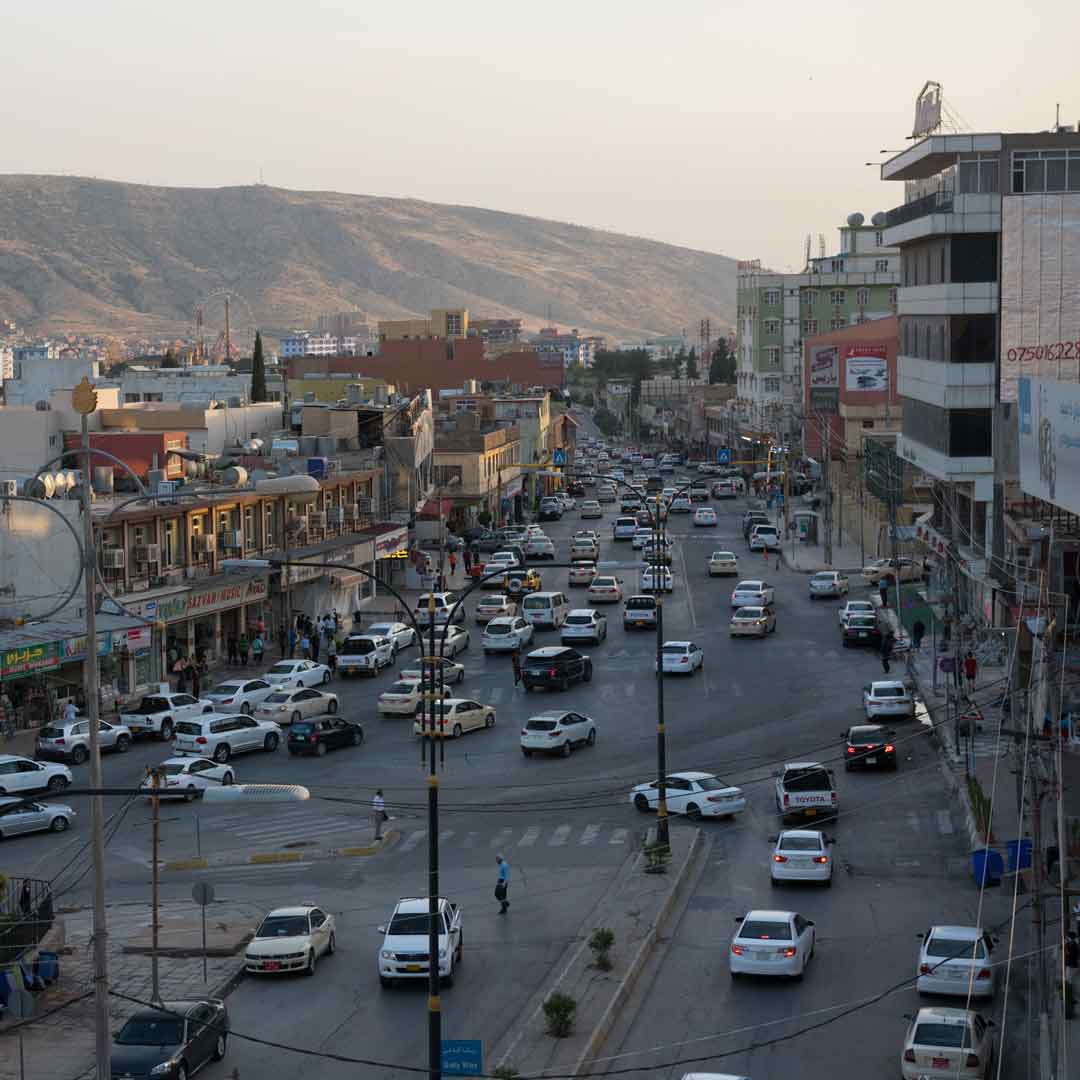
Background
Modernizing population and housing censuses in Arab countries involves developing strategies for collecting and disseminating quality data. This means adopting new technologies, including geospatial information; using census microdata in research; and referring to sustainable development indicators.
This initiative builds the capacity of officials and staff members in national statistical offices on available instruments and methods for planning, implementing and disseminating population and housing censuses. Specifically, it contributes to modernizing official statistics and supporting member States to achieve the 2030 Agenda and related SDGs by helping them improve the data quality and coverage of censuses using new technologies and data from registers; and develop alternative methods for population estimates and population censuses in countries where undertaking censuses is not possible.
The United Nations Statistics Division has issued key guidelines for housing censuses.
Our approach
Our partners
ESCWA, in its work towards the improvement of censuses, is collaborating with the following United Nations agencies and regional organizations and institutions: United Nations Statistics Division, United Nations Population Fund (UNFPA), UN-Habitat, Arab Institute for Training and Research in Statistic (AITRS), Gulf Cooperation Council Statistical Centre (GCC-Stat), Statistical, Economic and Social Research and Training Center for Islamic Countries (SESRIC), and League of Arab States.
Our activities
At the regional and national levels, ESCWA has organized a series of meetings, workshops and webinars on methodologies and methods used for population censuses, including combined and register-based methodologies; the use of modern technology, including geospatial information systems, at all stages of the census; and the transfer of experiences to countries planning to conduct population and housing censuses and to develop alternative methods in countries where censuses are hindered.
ESCWA has published a series of methodological studies and technical papers on the use of big data in the compilation of SDGs indicators; the integration of geospatial information with statistical information; measuring SDG indicators through censuses data; evaluating age-sex reporting in censuses; small area estimation with census data; developing a strategy for communicating census data; undertaking censuses using register-based and combined methodologies; dissemination and use of data using emerging approaches; and methods of collecting census data using internet self-enumeration.






